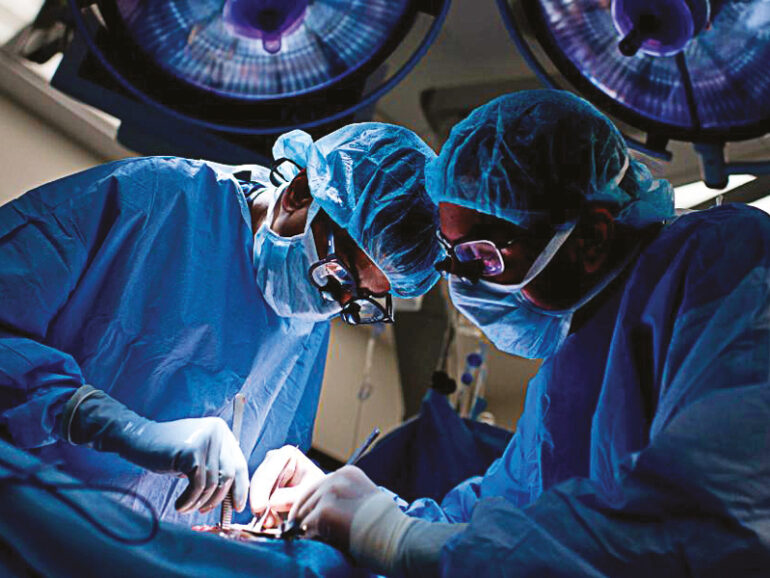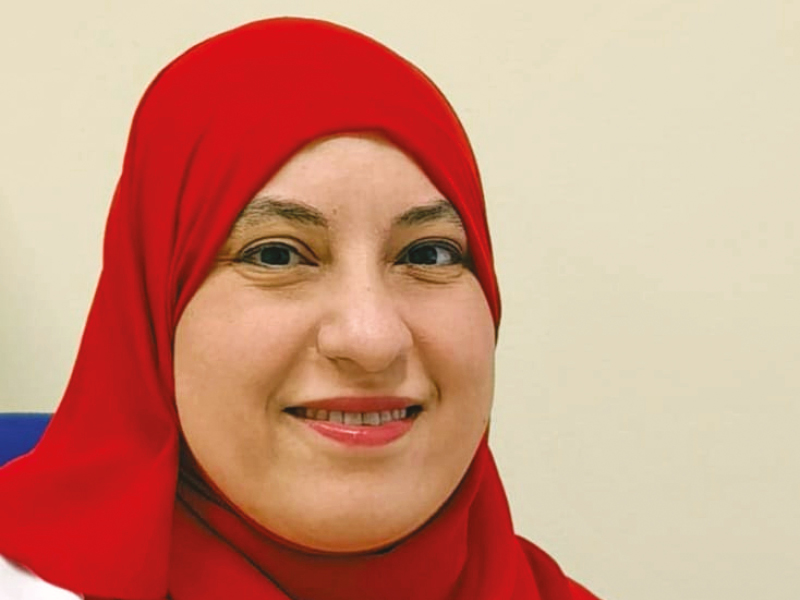

Muscat – Close to 2,700 patients with kidney failure in Oman are awaiting donors. Several others are waitlisted for liver transplant.
To streamline and expedite organ transplantation procedures, the Ministry of Health (MoH) is currently preparing a list of patients with organ failure (kidney and liver) who need donors on a priority basis based on their medical condition.


The Royal Hospital is also working on increasing the number of transplant procedures in the hospital with the burden from COVID-19 patients easing. “We are also working with the National Programme for Regulating Transplantation of Human Organs and Tissues to identify patients with organ failure through a database that includes all hospitals in the sultanate, allowing us to plan properly for the coming years,” said Dr Neven bint Ibrahim al Kalbani, head of Organ Transplant Department at The Royal Hospital and vice-president of Omani Association for Organ Transplantation.
An app launched in December 2021, called Al Shifa, has helped raise awareness in the community on the need for organ donation. “The number of registered people has increased, reflecting a culture of organ donation in the sultanate. In the near future, we would like to start awareness campaigns in cooperation with the National Programme for Regulating Transplantation of Human Organs and Tissues and the Omani Association for Organ Transplantation.”
Regulating human organ and tissue transplantation is complex and difficult, and is considered one of the biggest challenges faced by the healthcare system.
According to Dr Neven, 330 organ transplant procedures have so far been performed in the sultanate since the beginning of the programme in 1988, of which 317 were kidney transplants and 13 liver transplants.
“Three hundred kidney transplants were conducted from living related donors and 17 from brain-dead donors.”
The liver transplantation programme began in 2017 at The Royal Hospital. MoH established the Organ Transplant Department in the hospital in September 2019.
“The first liver transplant was performed in The Royal Hospital on October 24, 2021, in a five-year-old child,” Dr Neven informed.
“Organ donation saves lives of patients and embodies the virtues of solidarity and mercy, which are important Islamic principles. Organ donors may be living or brain dead. The Omani executive regulation for organ transplantation restricts donations by living donors to relatives within the fourth degree.”
There are currently approximately 2,500 patients with renal failure on haemodialysis and 200 patients on proton dialysis. Fifty 50 children under the age of 13 are on one of either type of dialysis.
“Unfortunately, these numbers are constantly increasing due to congenital malformations and genetic diseases in children, and increasing in adults due to diseases such as diabetes, blood pressure and obesity. So, demand is much more than supply or donation of organs,” she said, adding that certain organs – including heart, pancreas, small intestine and lungs – can only be donated after death.
“Patients with organ failure and their families suffer a lot. They have to visit health institutions even as the patient’s health deteriorates. Organ transplantation is a ray of hope for these children, patients, their families, and the entire community. Patients who receive organs get a new lease of life,” Dr Neven said.
“After death, a donor can save the lives of eight people by donating the heart, kidneys, pancreas, liver, lungs and small intestine. After death, a donor can donate tissues, too, such as corneas and heart valves.
“Currently, the sultanate allows transplantation of kidney and liver for adults and children. We are working in cooperation with the MoH to complete the establishment of an integrated national system for organ donation,” Dr Neven informed.
© 2021 Apex Press and Publishing. All Rights Reserved. Powered by Mesdac